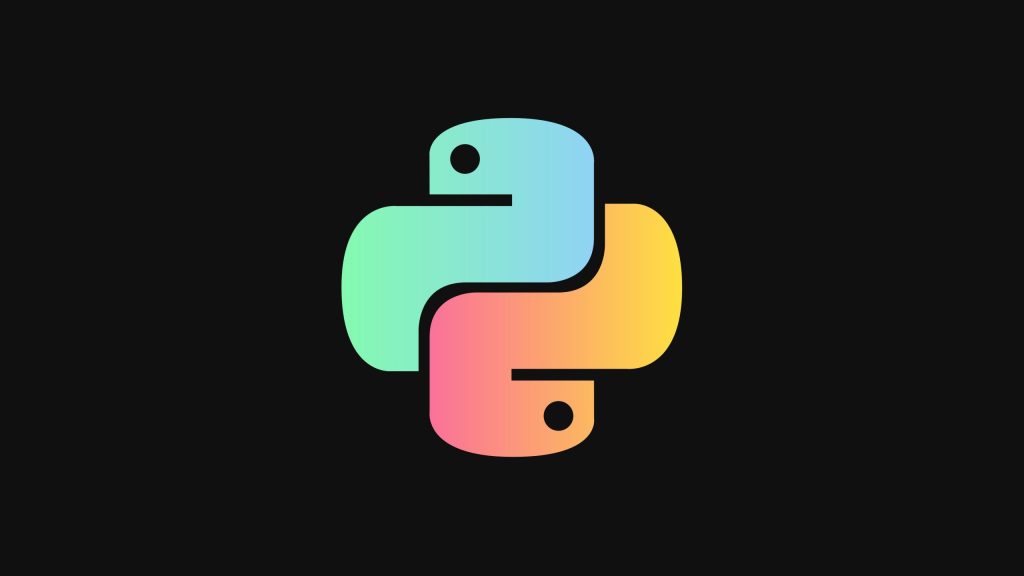Python is a popular programming language that was created by Guido van Rossum and first released in 1991. Its design philosophy emphasizes code readability, which makes it a great choice for beginners who are just getting started with programming.
So why Python? One of its biggest selling points is its simplicity. Python has a clean syntax that’s easy to understand. Unlike some other languages, Python’s syntax is designed to be readable and straightforward, which reduces the cost of program maintenance.
Python supports both structured and object-oriented programming methods. This means it can cater to a wide range of project requirements, whether you’re building a simple script or a complex application.
Another strength of Python is its flexibility. It’s considered a high-level, interpreted language. This means Python code doesn’t need to be compiled before it’s run, making the testing and debugging process much faster and more efficient.
Python comes with a rich standard library that includes a host of modules and tools, saving developers from having to write a lot of additional code. It also has a broad ecosystem of open-source libraries and frameworks, such as Django for web development and NumPy for scientific computing, which extends its capabilities even further.
But it’s not just about the features that Python offers. A big part of Python’s appeal lies in the vibrant community that supports it. Python developers are plentiful, active, and always willing to help. This makes finding solutions to your programming problems much easier.
Despite its ease of use, Python is incredibly powerful and versatile. It’s used in a wide range of fields and industries, including web development, data science, artificial intelligence, machine learning, and scientific computing, to name just a few. Tech giants like Google, Instagram, and Netflix, rely on Python for various aspects of their operations.
It’s clear to see why Python is often a top pick for both novice and experienced developers alike. Whether you’re looking to dip your toes into the world of programming or seeking to add another language to your repertoire, Python is certainly worth considering.
Remember, learning to code is a journey, not a destination. Python’s simplicity and power, combined with its wide range of applications and supportive community, make it an excellent choice for this journey. Happy coding!

